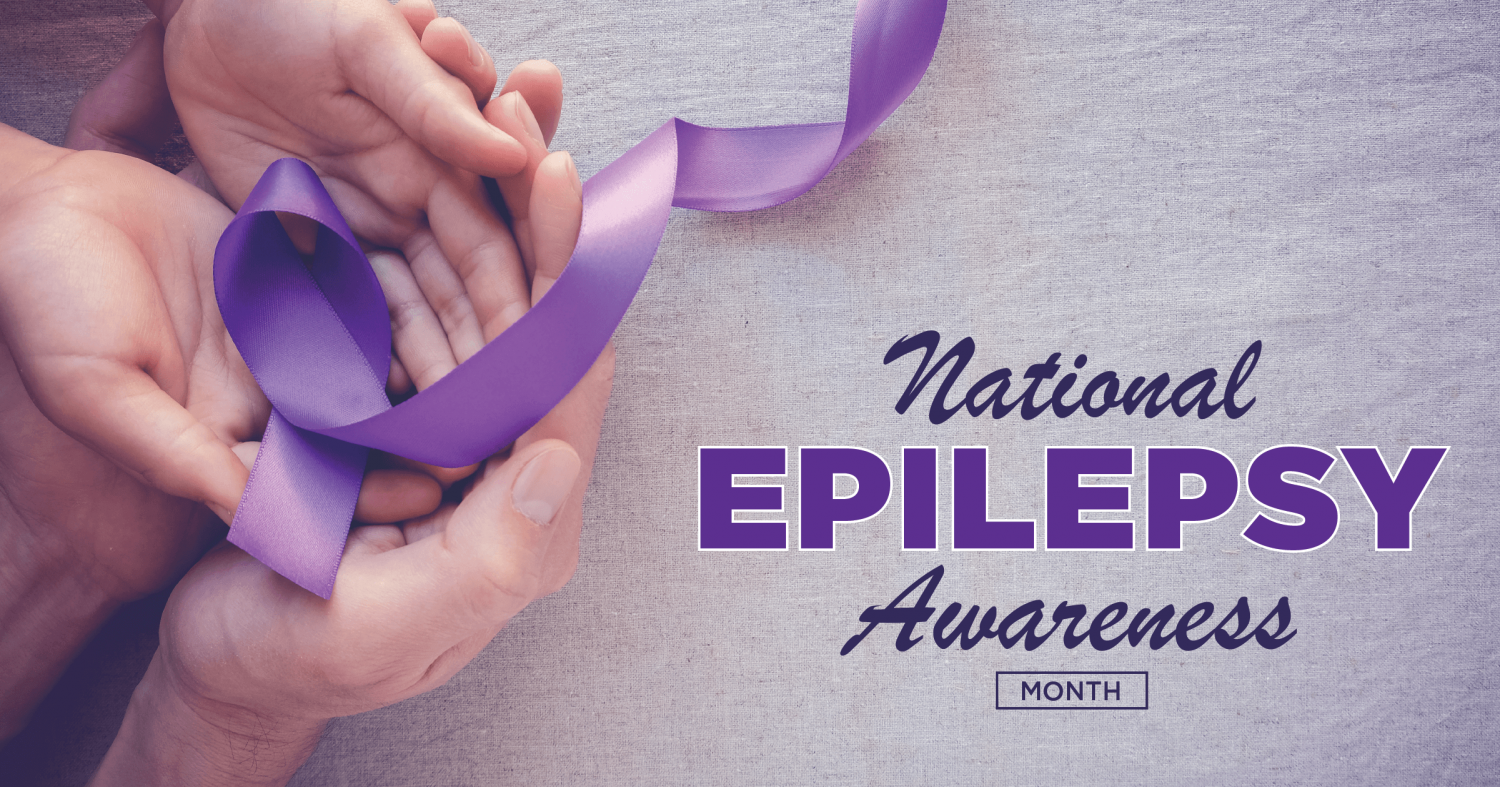Flashing lights, lack of sleep and stages of stress. To most people, these circumstances don’t mean much more than a headache, but to someone with epilepsy, it could mean the difference between life and death.
For those who aren’t familiar with this scary disease, it may be difficult to understand its effects on everyday life. The first step to understanding is awareness, so learn more about it during National Epilepsy Awareness month.
From young to old, anyone can be affected by epilepsy. It’s the fourth most common neurological disorder, according to the Epilepsy Foundation. This disorder is characterized by unpredictable seizures and can cause other health issues, such as heart disease, diabetes, infection, inflammatory disorders, migraines and sleeping disorders.
Identification Of An Disorder
Epilepsy is identified as a spectrum condition with various seizure types and control that differ from person to person. This includes focal seizures; which limit seizure activities to a single brain hemisphere; generalized seizures that cause widespread activities across brain hemispheres, and infantile seizures. The degree of damage varies by case, and intensity of the seizure is unpredictable.
Epileptic seizures can arise for different reasons. While some people struggle with brain injury, others are met with the disorder strictly from family history. Testing and examining family histories are essential to diagnosing the disorder and its cause.
Hereditary epilepsy does exist, but it isn’t a major concern when having a child. Most children with an epileptic parent won’t become epileptic or experience seizures themselves, but there is a risk. If both parents have epilepsy, the risk is higher for a child to have the disorder, but the odds are still low. Less than 5 out of 100 people will develop epilepsy from the mother and the risk is just a little higher if the father has epilepsy.
Not only can having seizures put one’s safety at risk, it can also affect other qualities of life, including relationships, work and social life. For some, going out for a drink with friends is out of the question, while others can’t go out at night for risk of flashing lights.
One common misconception is that someone who experiences a head injury will get epilepsy closely after the incident. That isn’t always the case, although it does happen in some circumstances.
Now that you know more about epilepsy, consider finding a local organization where you can help advocate and bring awareness to this neurological disorder in your community.
How You Can Help
- Advocate for epilepsy awareness. Learn about epilepsy from local organizations like the Epilepsy Association of Central Florida and get involved with awareness events.
- Learn what to do. Educate yourself through resources like the Centers for Disease Control and Prevention so you know how to assist someone who is having a seizure.
- Share on social media. November is National Epilepsy Awareness month, so educate your friends and followers on the disorder.




Comments